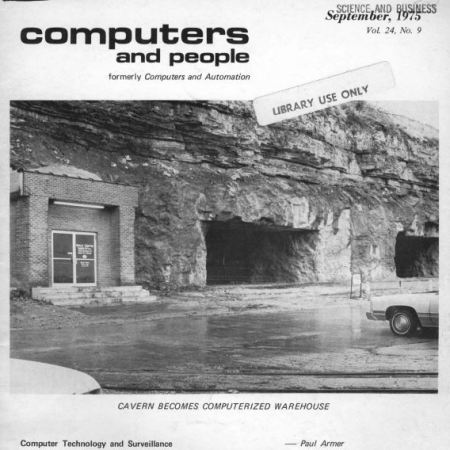
Category: Oleg Komlik


Class Struggle in the 21st Century

Surveillance Capitalism and Cashless Society

In the modern world the stupid are cocksure while the intelligent are full of doubt

Against terror and brutality. Against simplism and blind absolutism. For peace and humanity. The ES/PE statement.

Charles Darwin on the atrocity of slavery and the origin of inequality

Corporations — No Soul to Damn, No Body to Kick

Queen Elizabeth, economists and the financial crisis

Foucault on the Chain of Ideas as the Tool of Domination

In Solidarity with Ukraine. ES/PE Statement. Resources for Ukrainian Social Scientists

History is not the Past

Emile Durkheim: The Intellectual Elite and Democracy

Karl Marx on the Weight of History

Thorstein Veblen on Business Interests in Education and Media

Making History

“…The time was ripe for the fascist solution.”

Top 10 Most-read Economic Sociology and Political Economy Posts of 2020

Corporate Bodies Have No Soul

Foucault: Neoliberalism Redefined Homo Economicus
The ES/PE community on social media

Discipline and Punish: The Challenge of Teaching

Tributes to David Graeber

Democracy vs. Irony, Tragedy and Pathos

What is Institutional Economics?

